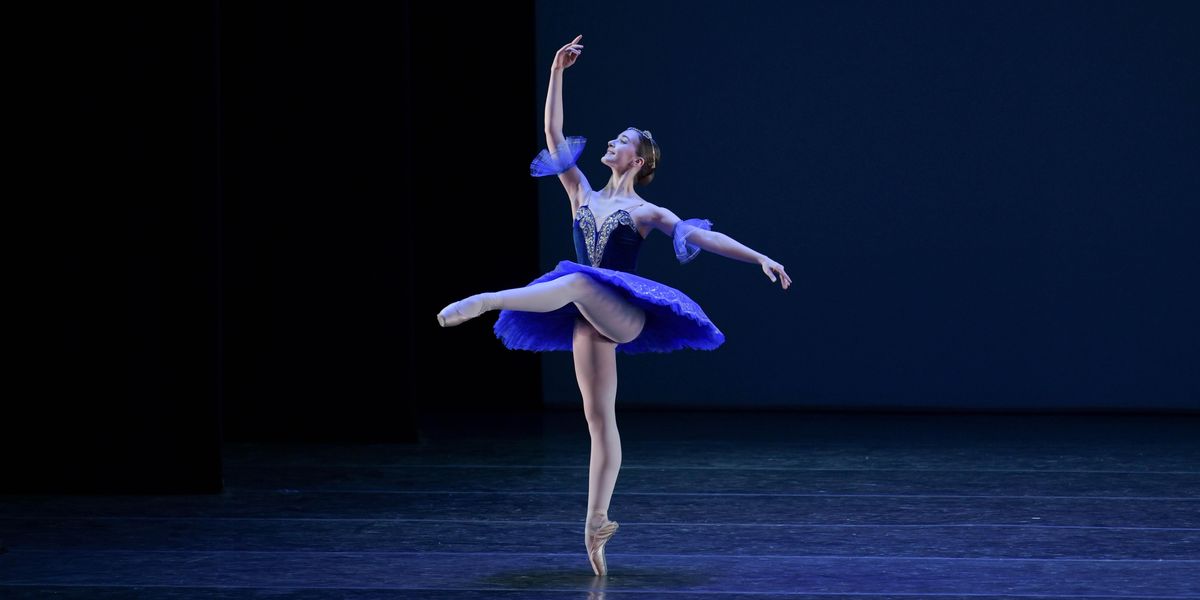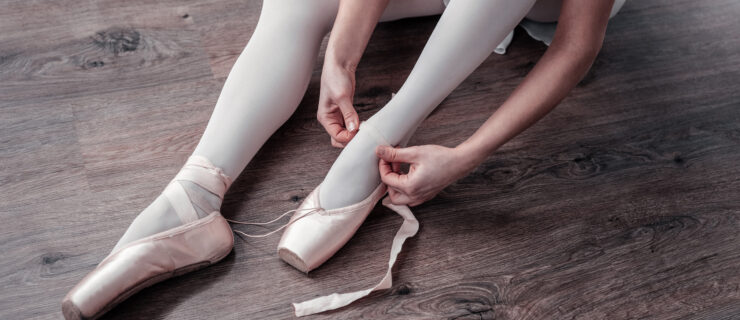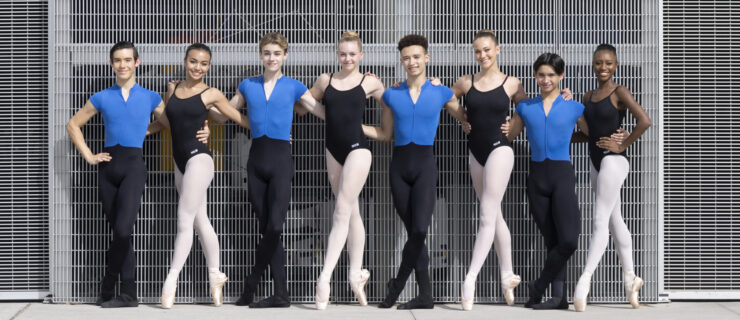Are You Competing for the Right Reasons?
As a 17-year-old student at The School of American Ballet, I had little awareness of ballet competitions—and to be fair, at that time (the early 1990s), there weren’t very many. Youth America Grand Prix and its many spawns did not yet exist, and the famous international events like the Prix de Lausanne seemed highly elite and out of reach. But I did participate in one competition (similar to today’s YoungArts), open to high school seniors, in which a fairly nonjudgmental system gave competitors level rankings instead of numerical scores. In other words, there was no single winner; the emphasis was on having an educational experience and interacting with peers from around the country.
Even so, it was still a competition, and although I rehearsed my variations diligently, when it came time to perform at the event, I felt drastically underprepared. Unsure of how to properly warm up, fuel and pace myself, I was blinded by insecurity among the other dancers, who seemed so confident and mature. I hadn’t even considered my goal—why was I doing this? Needless to say, I did not dance my best and came home demoralized, mad at myself, regretful and slightly embarrassed.
Fast-forward many years: Today, I’m a teacher with my own ambitious students, several of whom I’ve shepherded through YAGP regionals. And now, as we adjust to coronavirus protocols and gear up for a competition season unlike any other, I’m thinking about what I wished I’d known as a teenager: that we each run our own race and can only beat our personal best. Lessons learned from years past apply now more than ever.

Two years ago, my student Jasmine Parente entered the competition with a singular purpose—to win—and left feeling like I had, confused and disappointed. But last year, she went in with a totally different mindset. “I wasn’t in it to win it, per se,” says Parente, now 17. “My goal was perform to my best potential without an expectation to place.”
That intention not only helped her stay calm, it allowed her to get a lot more out of the entire experience. “Watching the other dancers used to be nerve-racking, but this time it was inspiring. I was wowed by how many talented dancers were there, how we all came together to do this,” she says. Her takeaways? “Persistence, determination and mental focus. Because despite how much you prepare physically, you have to train your brain to stay in tune with yourself even if something goes wrong.”
Joffrey Ballet dancer Derek Drilon remembers feeling excited after making it to YAGP’s New York finals on his first try. But things changed the following year when he fell during the semifinals. “I was determined to redeem myself,” Drilon recalls. “I didn’t want to win anything. I just needed to prove to myself that I could do a good performance.”
Taking advantage of the event’s policy allowing dancers to compete in multiple semifinal locations, Drilon registered again in another city, placed first in his division and returned to the finals. This time, he had a new perspective.
“Watching what everyone brought to the stage artistically, technically, and their emphasis on performance quality, was fascinating for me,” he says. “I learned a lot about how to stay focused and just be there for myself. That’s something I wanted to carry forward from my competition experience to today: living my best life onstage.”

It’s inevitable to feel pressure or anxiety when you have only a couple of minutes to show a panel of judges your best work. But Matthew Powell, artistic director of BalletNova Center for Dance in Falls Church, Virginia, who has both judged and coached for numerous competitions, says it’s important to remember that events’ espoused values—education and individual success—are genuine. “The judges really care and want the students to succeed,” he says. “I tell my students that the hugest benefit is not the competition itself but the coaching leading up to it. Because regardless of whether they perform their best or not, I always see a bump up in their technique and artistry just from having put in the work.”
Competition season will be different this year, but the logistics will follow the new ways of training and performing we’ve all adapted to in the wake of COVID-19. ADC | IBC, for example, will first have a virtual phase and then an in-person final round. Universal Ballet Competition is conducting a five-city tour with virtual options. At YAGP, artistic director Larissa Saveliev says local regulations will determine the specifics of each regional semifinal, with some locations allowing limited audiences and others none at all. Master classes will be held online and the entire event will be livestreamed.

While we’ll miss the closeness and connection of being backstage and in dressing rooms with like-minded dancers from around the world, I see this year, perhaps, as a chance for students to shed the impulse towards an overly negative competitive vibe. Although my own teenage self came out of competition feeling unsure and disappointed, my fighting spirit (which all dancers possess) came roaring back. My real goal—doing something each day to dance better than the one before—came into clear focus, and I pushed on.
As I guide my students through this year’s competition season, I wish for them, and for all young dancers, to commit to being their best, rather than the best. They might just come up with their own definition of greatness.






